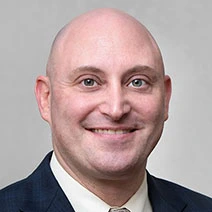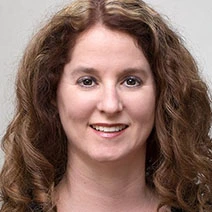Beware of Medication Mix-ups
As much as 25 percent of drug errors—when someone gets the wrong prescription, say, or the wrong dosage—occur when the name of one drug looks or sounds like another. Poor penmanship, sloppy pronunciation, and look-alike labels make the problem worse.
In a report released earlierthis year, U.S. Pharmacopeia, the official standards-setting body for medications in the U.S., reviewed more than 26,000 records of mix-ups involving similar drug names between 2003 and 2006. It found 3,170 confusing pairs, almost double the number cited in a 2004 report. In 384 cases, the error harmed the patient; in seven cases, it might have contributed to the patient’s death. The report’s authors suspect the real figures are higher, because incidents are underreported.
To check for sound-alike drug names, use USP’s free Drug Error Finder at www.usp.org/hqi/similarProducts/choosy.


